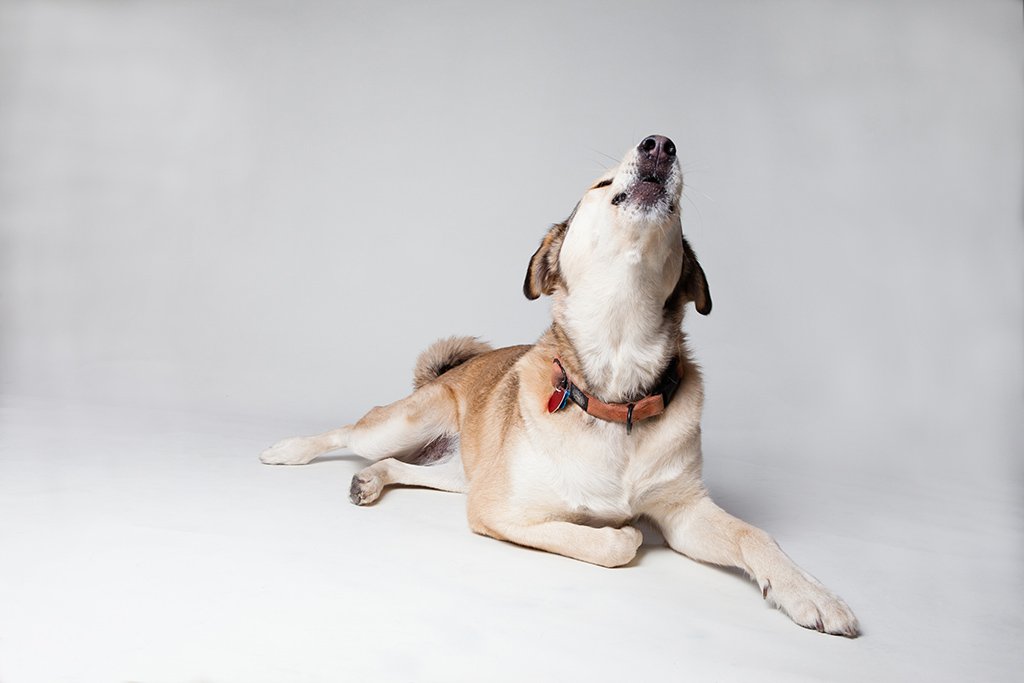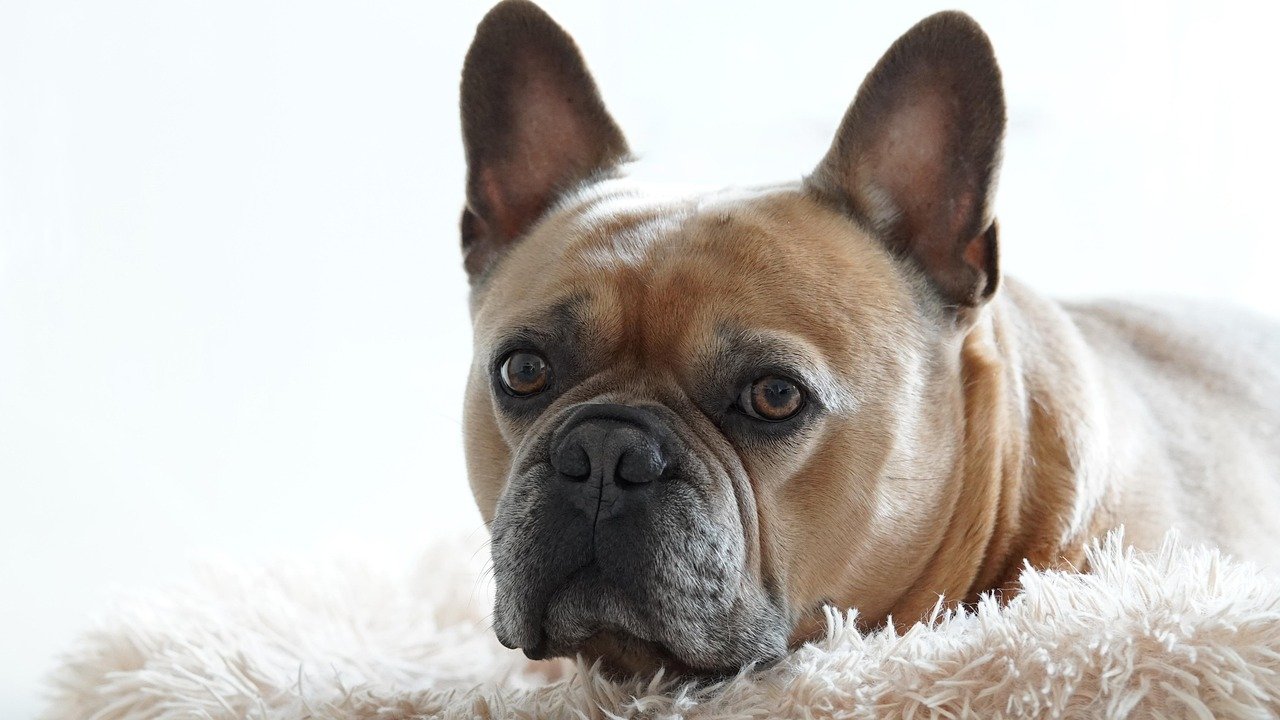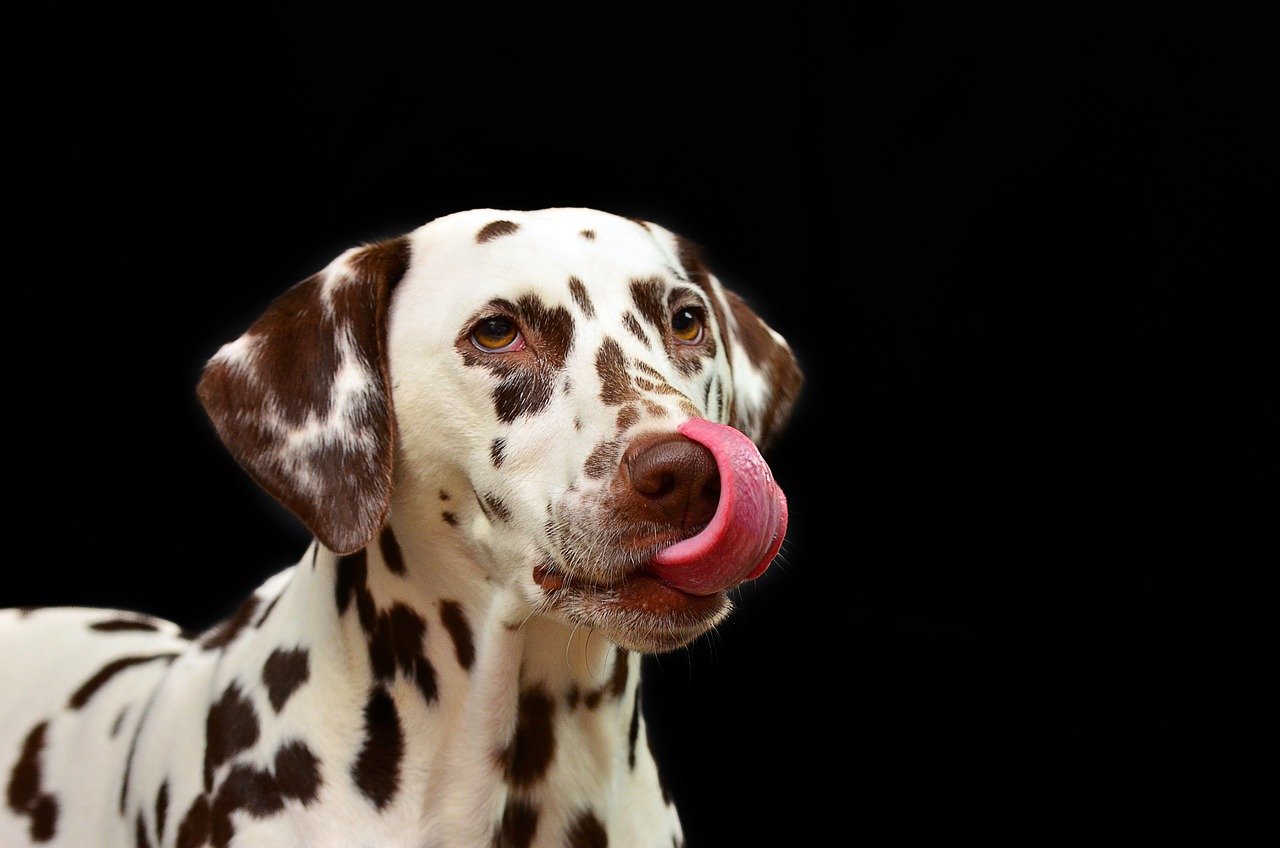Have you ever walked out the door and caught your dog’s eyes following you with a look so soulful, it almost breaks your heart? If you’re a dog lover, you know that leaving your furry friend behind can feel like leaving a piece of your own heart at home. But have you ever wondered what your dog feels when you’re away? Does your absence leave a paw-shaped hole in their day? Dogs are masters at showing their emotions, sometimes in ways that are both touching and surprising. Let’s dive into the heartwarming, sometimes hilarious ways dogs express just how much they miss their favorite humans when they’re gone.
1. Waiting by the Door or Window
Dogs are famously loyal companions, and their deep emotional connection to their humans becomes especially clear when you’re not around. Whether you’ve just stepped out for a few hours or returned from a long trip, your dog likely has their own unique ways of expressing just how much they missed you. From subtle signs to dramatic displays, these behaviors aren’t just cute—they’re heartfelt responses rooted in attachment and routine.
One of the most classic signs your dog misses you is their unwavering vigil by the door or window. As soon as you leave, your pup may take up post, ears perked and eyes glued to the spot where you disappeared. This isn’t just coincidence—dogs are creatures of habit and deeply attached to their owners. The act of waiting shows hope and longing, as if every passing car or creak of the floor could signal your return. Some dogs may even whimper or pace, unable to settle down until you’re back. It’s heartbreaking, but also a testament to their loyalty. This simple, patient act is a silent statement: “I’m here, waiting for you. Please come home soon.”
2. Whining or Howling

If you’ve ever heard your dog let out a mournful howl as you close the door, you’re not alone. Many dogs vocalize their sadness when their favorite person is gone. Whining, barking, or howling are ways dogs process their feelings and communicate distress. It’s their version of calling out to you, hoping you’ll hear them and come back. For some breeds, like Huskies or Beagles, these sounds can be especially dramatic and persistent. The emotional undertone is clear: your dog is missing your presence and expressing their longing the only way they know how—through their voice.
3. Bringing Out Your Belongings

Ever come home to find your slippers, socks, or even a shirt dragged into the living room? Dogs have an incredible sense of smell, and your scent is deeply comforting to them. When you’re gone, some dogs will seek out your belongings and surround themselves with items that smell like you. It’s not mischief—it’s a coping mechanism. By snuggling up with your things, your dog is trying to feel close to you, easing their anxiety until you return. This adorable behavior is a powerful reminder of the bond you share.
4. Reduced Appetite or Skipping Meals
It’s not uncommon for dogs to lose their appetite when their favorite human is away. Mealtime, which is usually a highlight of their day, might suddenly become less appealing. Some dogs sulk near their food bowl or refuse to eat altogether, as if their hunger fades without your presence. This isn’t just stubbornness; it’s a sign of emotional distress. Like people who miss loved ones and lose interest in food, dogs can be affected in much the same way. Their appetite often returns as soon as you walk through the door, tail wagging and eyes bright.
5. Restlessness and Pacing
When left alone, many dogs become restless. They may pace the house, moving from room to room, searching for any sign of you. This anxious behavior reveals just how unsettled your absence makes them feel. It’s as if they’re looking for clues to where you’ve gone and when you’ll be back. Some dogs will even check places you usually sit or sleep, hoping to find you there. The constant movement is a physical manifestation of their longing, showing they’re not at peace until you’re home.
6. Excessive Licking or Chewing

For some dogs, missing their owner leads to nervous habits like licking their paws or chewing on objects. While a little licking is normal, excessive grooming can be a sign of anxiety. Chewing, especially on furniture or personal items, often results from pent-up stress and the need to self-soothe. These behaviors aren’t meant to be destructive; they’re simply how some dogs cope with the emotional void your absence creates. If you notice these habits intensify when you’re gone, it’s likely your pup is struggling with missing you.
7. Following You Everywhere Upon Your Return
One of the most endearing ways dogs show they’ve missed you is by becoming your shadow the minute you walk in the door. They might stick so close that you nearly trip over them at every turn. This “Velcro dog” behavior is their way of making up for lost time. They want to be part of everything you do, from cooking dinner to watching TV. It’s as if they’re saying, “Don’t leave me again!” Their need for closeness is a direct result of the separation, and it’s hard not to feel loved when you have a constant four-legged companion by your side.
8. Over-the-Top Greetings
Few things compare to the joy of being greeted by a dog who truly missed you. The excited jumps, tail wags, and happy barks are all signs of pure, unfiltered happiness. Some dogs become so overjoyed they can’t contain themselves, running in circles or bringing you their favorite toy as a welcome-home gift. This enthusiastic welcome is their way of celebrating your return, and it’s one of the clearest signs that your absence was felt. It’s an energy that fills the room and melts your heart every time.
9. Searching the House for You

Dogs are naturally curious and resourceful, and when you’re not around, they may go on a quest to find you. This can mean checking every room, sniffing your usual spots, or even looking behind doors. It’s a touching display of their determination—if you’re missing, they’re going to try their best to locate you. Some dogs might even bark at a closed door or whine in a particular room, convinced you must be hiding somewhere. Their search is a clear message: “Where did you go? I need you here.”
10. Changes in Sleep Patterns
Absence can disrupt a dog’s usual sleep routine. Some dogs sleep more, curling up in your spot and waiting for you to return. Others become too anxious to rest, staying alert and awake for longer stretches. You might notice your dog lying in the hallway or near the front door, always ready to spring up when they hear a noise. This disruption in sleep isn’t just physical; it’s an emotional response to the change in their world. Your presence is their comfort, and without it, their rest is unsettled.
11. Increased Clinginess or Separation Anxiety
If your dog suddenly becomes clingier than usual, it’s a strong sign they missed you. Some dogs develop separation anxiety, displaying symptoms like trembling, drooling, or even having accidents indoors. These behaviors can be distressing for both pet and owner. The emotional attachment is so strong that being apart becomes genuinely difficult for them. When you return, your dog may insist on being close, following you from room to room and seeking constant reassurance. This intense need for connection highlights just how deep their affection for you runs.
12. Displaying Depression-Like Symptoms
Just like humans, dogs can experience sadness and even depression when they miss someone they love. Signs might include lethargy, lack of interest in play, or uncharacteristic withdrawn behavior. Your usually energetic pup may become unusually quiet or spend more time alone. This emotional response is a poignant reminder that dogs feel deeply and form strong bonds with their humans. Their world is simply less bright without you in it, and their subdued behavior is their way of coping until you’re together again.
From wagging tails and excited greetings to quieter signs like changes in behavior or clinginess, dogs have many ways of letting us know they feel our absence. These expressions of longing are more than just instinct—they’re a reflection of the deep emotional bond dogs form with their humans. Recognizing these signs not only strengthens your connection but also helps you respond with the reassurance and comfort your pup craves. Whether you’re gone for a day or just a moment, one thing is certain: your dog notices—and they miss you more than you might think.

Esther is from India; the heartbeat of South Asia, holding a Master’s degree in Zoology and a postgraduate diploma in Animal Welfare. Her enthusiasm for animal welfare drives her passion and dedication to working for animals, ensuring their well-being, and advocating for their rights. With a solid academic background and hands-on experience, she is committed to making a positive impact in the field of animal welfare. In her free time, she enjoys embroidery and sewing. As a Chennaite from Tamil Nadu, Esther loves Bharathanatyam, an Indian classical dance form.





